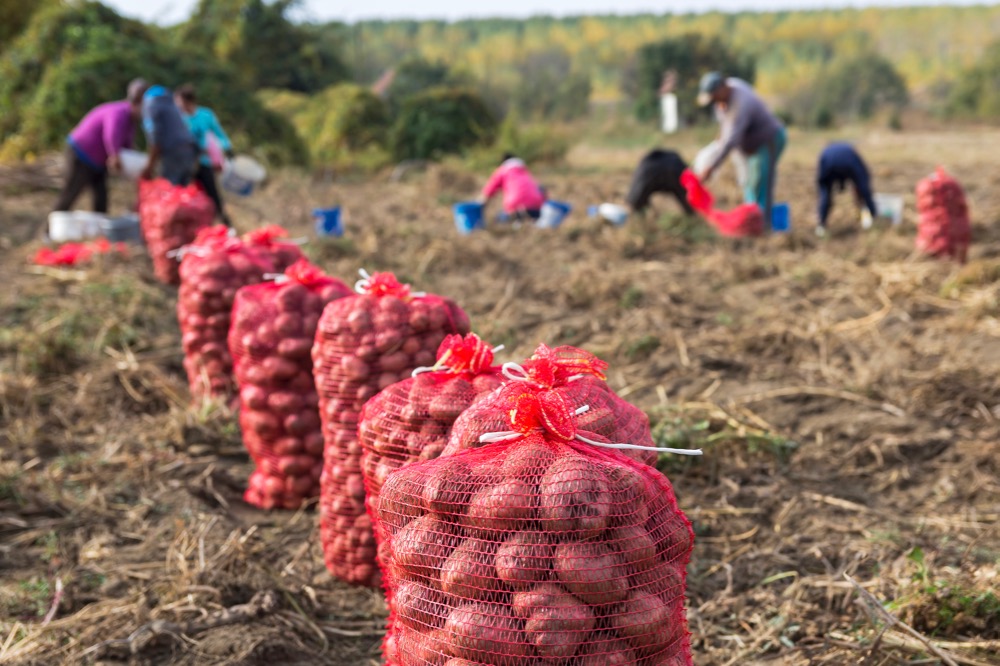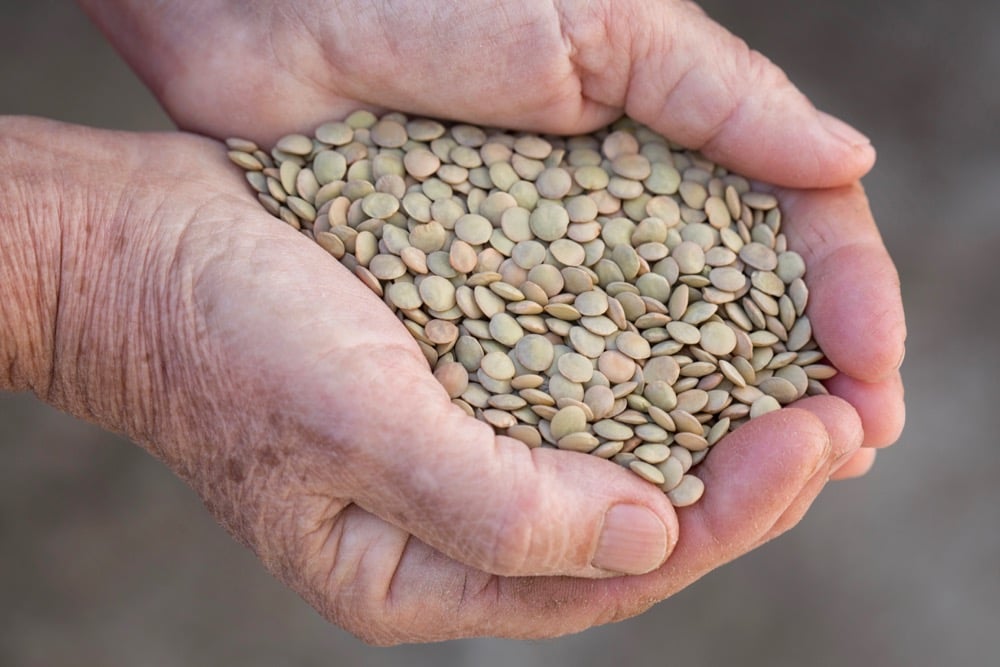‘Less panic’ over new immigration policy

Glacier FarmMedia—The federal government’s new policy on immigration will not have huge consequences for agri-food processors or farmers, say spokespeople for the Canadian Meat Council and the Canadian Federation of Agriculture.
Last week, Immigration Minister Marc Miller announced a plan to cut the number of temporary residents in Canada to curb population growth from 2025 to 2027.
“Canada’s temporary population will decrease over the next few years as significantly more temporary residents will transition to being permanent residents or leave Canada compared to new ones arriving,” the feds say.
Read Also

Pulse Weekly: Lentil prices poised for drop, depends on India
The demand for lentils has backed off lately due to high prices, said trader Marcos Mosnaim of Prairie IX in Toronto. He said the direction lentils take will largely depends on India.
“(This) is expected to result in a marginal population decline of 0.2 percent in both 2025 and 2026, before returning to a population growth of 0.8 percent in 2027.”
Some business groups are concerned about this policy and the availability of workers, but it isn’t a threat for agri-food processors, said Lauren Martin, senior director of government relations and policy with the meat council.
“Peeling back the layers… there were no new measures announced,” she said. “There wasn’t anything new for agri-food.”
In March, the federal government adjusted the Temporary Foreign Worker Program, reducing the maximum number of TFWs that a business could employ from 30 to 20 per cent of their staff.
In August, the feds went a step further, capping the number of foreign workers at 10 per cent.
Health care, construction and the agri-food industry were exempt from the August reduction to 10 per cent.
The policy change in March was disruptive for meat packers across Canada, which rely heavily on foreign workers, Martin said.
The meat industry has since adjusted to the TFW cap.
“Where we were in the spring is not where we are today…. I think there is less panic, now.”
It’s also encouraging that the tone of conversations has shifted in Ottawa, Martin said.
Federal ministers and bureaucrats seem to understand that agriculture and agri-food needs a consistent supply of foreign workers.
“I think I’ve received enough of an assurance, from different departments, that agri-food is going to be a bit of a (protected) workforce,” Martin said.
The Canadian Federation of Agriculture is still reviewing the recent change in immigration policy, but it appears the government comprehends that many farms cannot survive without foreign workers.
Fruit and vegetable growers, pork producers, beekeepers and other producers need foreign labour.
“What’s most important is that government (has) recognized the importance of the TFW program … to agriculture, and how we rely on that program,” said Keith Currie, CFA president and a farmer from Collingwood, Ont.
“They’ve left us alone, basically. They made an exemption for us.”
Despite the use of foreign labour, it’s possible that 30,000 positions remain vacant on Canadian farms, Currie said.
The Canadian Agricultural Human Resource Council has estimated that on-farm agriculture businesses lost $3.5 billion in sales in 2022 because they didn’t have the necessary workforce.
“If we didn’t not have the 70,000 seasonal ag workers that are coming in … what would that look like for a production standpoint?” Currie said. “Particularly in the (horticultural) industry, where the majority of (foreign) workers go, it would be devastating.”
In its Oct. 24 announcement, the immigration department said it wants more temporary residents — workers and students — to become permanent residents of Canada.
That policy could be helpful for agri-food processors such as meat packers, which employ workers throughout the year.
Companies use the TFW program to attract workers to Canada with the goal of keeping those employees in the country for the long haul.
“If they want more permanent residents that are going to fill the jobs that food and beverage manufacturing industry has, then yes, that’s a good thing,” said Martin, who added that immigration policy is extremely complicated.
The government has decided to limit the number of temporary residents in Canada — workers and students — which will constrain population growth.
It’s unclear what this will mean for the economy, including agriculture and food.
“Canada has a demographic problem. We do not have the folks we need to replace (the people) who are retiring,” Martin said.
“If you’re reducing immigration numbers … what are you going to do to productivity and output?”
Source: Farmtario.com

